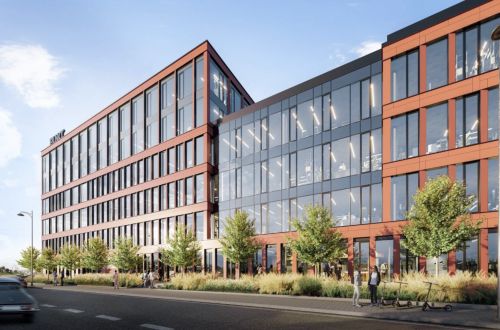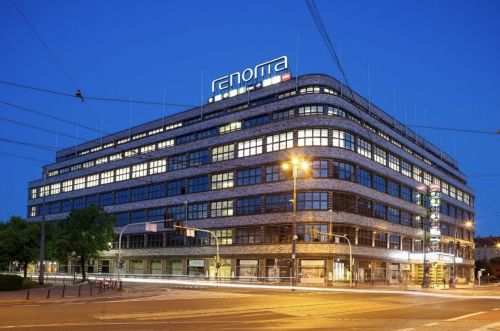As online shopping continues to expand, the demand for warehouse space is also growing significantly – in Europe alone, every 1 pct increase in e-commerce penetration in total retail creates a demand for 2 mln sqm of warehouse space. And that’s just the demand from e-commerce. Taking other sectors into account, the demand will thus exceed supply, especially in strategic locations, and there’s no indication that this will be any different in the near future.
The global retail sector has undergone a major transformation in recent years and online shopping has become an integral part of everyday life, not only due to convenience and a wide range of offerings, but also due to the impact of digitalisation and the development of technology. The Covid-19 pandemic has also had a major impact in this area, which has greatly accelerated the development of e-commerce – what would normally have taken up to five years occurred in less than six months. After the pandemic, w


























































